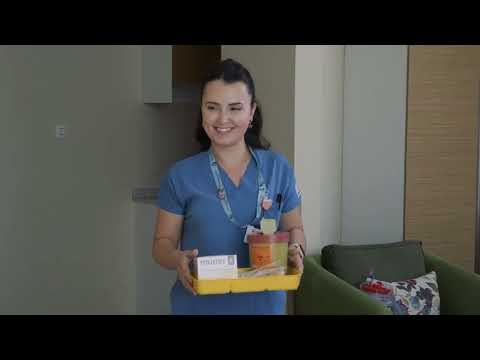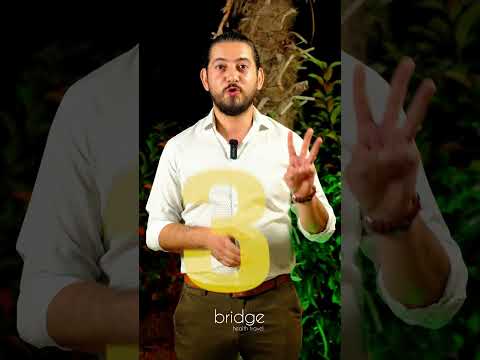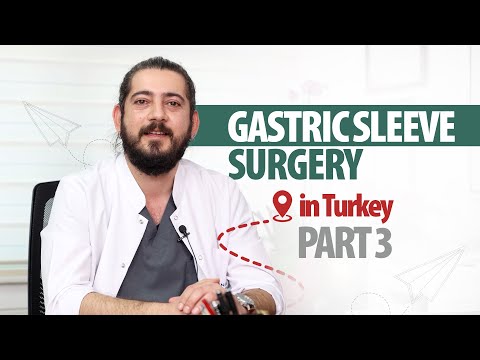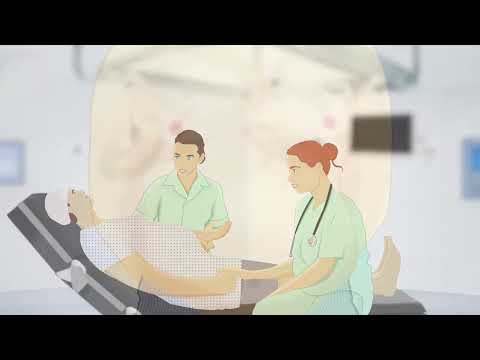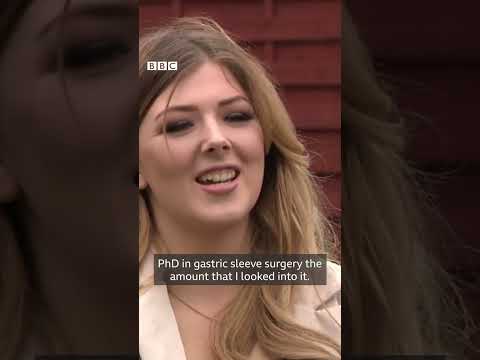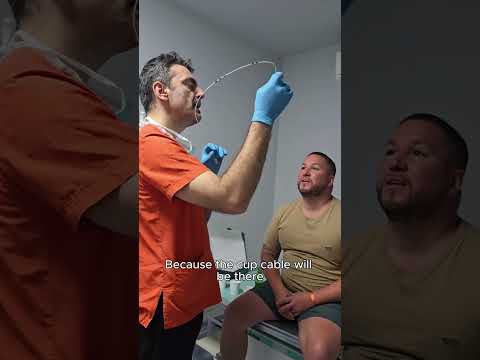Reviews of Harry's Allurion program | Bridge Health Travel
Calculate Your Cost / Price
Gastric bypass surgery has become a widely sought-after solution for individuals struggling with severe obesity. Turkey has positioned itself as a leading destination for this life-changing procedure, offering top-notch medical care, experienced surgeons, and cost-effective treatment options. In this article, we’ll explore the many advantages of undergoing gastric bypass surgery in Turkey and provide essential insights for prospective patients.
Why Consider Gastric Bypass Surgery in Turkey?
Turkey’s growing reputation as a hub for medical tourism is well-deserved, particularly for procedures like gastric bypass surgery. Here are some compelling reasons to consider Turkey for your weight loss journey:
Cost-Effective Surgery with Exceptional Quality
One of the most significant advantages of choosing Turkey for gastric bypass surgery is the cost savings. In Western countries, the procedure can be prohibitively expensive, often costing upwards of $20,000. In contrast, Turkey offers the same surgery for a fraction of the price, typically ranging between $5,000 and $10,000. This affordability does not come at the expense of quality. Turkish hospitals are equipped with modern facilities, and many are internationally accredited, ensuring high standards of care.
Experienced Surgeons and Comprehensive Care
Turkey boasts a wealth of highly qualified and experienced bariatric surgeons who have trained internationally. These professionals are dedicated to providing personalized care, from the initial consultation through to post-operative support. Patients can expect a comprehensive treatment package that includes pre-surgery assessments, the procedure itself, post-operative care, and often even accommodation and transportation.
Preparing for Your Gastric Bypass Surgery in Turkey
Proper preparation is crucial for the success of your gastric bypass surgery. Here are key steps to ensure you’re ready:
Research and Choose the Right Clinic
With numerous clinics offering gastric bypass surgery in Turkey, it’s essential to conduct thorough research. Look for clinics with positive patient reviews, international accreditations, and a proven track record of successful surgeries. Many clinics offer packages that include all necessary services, making it easier for international patients to navigate the process.
Understand the Procedure and Recovery
Gastric bypass surgery involves creating a small pouch from the stomach and connecting it directly to the small intestine, bypassing a portion of the digestive system. This results in significant weight loss by reducing the amount of food you can eat and the calories your body absorbs. Understanding the procedure and the recovery process is crucial. Recovery typically involves a hospital stay of three to five days, followed by several weeks of gradual return to normal activities. It’s important to follow your surgeon’s advice and attend all follow-up appointments to ensure a smooth recovery.
Post-Surgery Support and Lifestyle Changes
The journey to successful weight loss extends beyond the surgery itself. Long-term success requires commitment to lifestyle changes and continuous support.
Nutritional Guidance and Diet
After gastric bypass surgery, your diet will undergo significant changes. Most clinics in Turkey provide nutritional guidance to help you adapt to your new eating habits. Initially, your diet will consist of liquids and pureed foods before gradually reintroducing solid foods. Portion control and balanced nutrition are essential to avoid complications and ensure your body gets the nutrients it needs.
Physical Activity and Exercise
Incorporating regular exercise into your routine is vital for maintaining weight loss and enhancing overall health. Start with light activities, such as walking, and gradually increase the intensity as your body heals. Many clinics offer access to fitness experts who can help design a personalized exercise plan tailored to your needs and capabilities.
Psychological Support
Undergoing weight loss surgery is both a physical and emotional journey. Psychological support can be incredibly beneficial in helping you cope with the changes and challenges that come with significant weight loss. This support can include counseling, support groups, and access to mental health professionals who specialize in bariatric care.
Conclusion
Gastric bypass surgery in Turkey offers a promising solution for those battling obesity, combining affordability with high-quality medical care. With experienced surgeons, comprehensive support, and state-of-the-art facilities, Turkey provides an excellent environment for successful weight loss surgery. By thoroughly researching your options, preparing adequately for the procedure, and committing to necessary lifestyle changes, you can achieve long-term success on your weight loss journey in Turkey.
FQ About Gastric Balloon Clinic in Antalya / Turkey
Bariatric refers to the branch of medicine that deals with the causes, prevention, and treatment of obesity. Bariatric surgery includes weight-loss procedures like gastric bypass, sleeve gastrectomy, and lap band surgery, which help patients lose significant amounts of weight and improve obesity-related health conditions.
The Orbera gastric balloon is a non-surgical, temporary weight-loss device placed in the stomach to reduce food intake. The balloon is inflated and left in place for six months. During that time, patients follow a strict diet and exercise regimen to lose weight. Its a popular choice for patients who want to avoid invasive surgery.
After significant weight loss from gastric sleeve surgery, patients often experience excess skin, particularly around the abdomen, arms, and thighs. This can be addressed through body contouring surgeries like a tummy tuck, arm lift, or thigh lift. Before and after photos often show dramatic transformations with smoother, firmer skin post-surgery.
The intragastric balloon is the first of the endoscopic techniques which have the potential to be important means of achieving weight loss without the need for surgery. This is the only endoscopic technique which currently we offer at CBS. But the field of endoscopic techniques for weight loss is a rapidly developing one and further techniques could be available in the not-too-distant future. The intragastric balloon is a day procedure. You are very lightly anaesthetised during the procedure as it can be... +More
The balloon pill, also known as the gastric balloon, is a non-surgical weight-loss device that is swallowed and then inflated inside the stomach. It takes up space, helping patients feel fuller on less food. The balloon is temporary and is usually left in place for six months before being removed. It is a popular option for people who want a non-invasive weight-loss method without committing to surgery.
A gastric balloon is a non-surgical weight-loss option where a silicone balloon is inserted into the stomach and inflated. It takes up space, helping patients feel fuller sooner and eat less. The balloon is temporary and is removed after 6-12 months, during which patients must follow a strict diet and exercise regimen to ensure lasting weight loss.
Finding the best clinic in Turkey for gastric sleeve surgery requires thorough research. The top clinics boast state-of-the-art facilities, highly experienced surgeons, and excellent aftercare. Some clinics specialize in bariatric surgery, offering a tailored approach to each patients needs. Patients should look for clinics with internationally accredited surgeons, positive testimonials, and transparent pricing. Researching online reviews and consulting with medical tourism agencies can help in identifying the... +More
Gastric Sleeve Treatments in Turkey, Gastric Sleeve Treatments in AntalyaIntroduction:Gastric sleeve surgery, also known as sleeve gastrectomy, is a surgical procedure that aims to help people who are severely obese lose weight by reducing the size of the stomach. It is a relatively new weight loss surgery, having been introduced in the early 2000s, but it has quickly gained popularity due to its effectiveness and low risk of complications compared to other bariatric procedures. In this article, we will cover... +More
Irritable Bowel Syndrome (IBS) and gastritis are two distinct conditions, though both cause abdominal discomfort. IBS is a chronic condition affecting the large intestine, while gastritis involves inflammation of the stomach lining. Both can be triggered by stress, poor diet, or infections, and treatment usually involves dietary adjustments and medications to manage symptoms.
Roux-en-Y Gastric Bypass (RYGB) is a popular form of bariatric surgery that reduces the size of the stomach and reroutes the digestive system. This results in both restriction of food intake and malabsorption, leading to significant weight loss. The surgery is considered highly effective for morbidly obese individuals and also helps improve obesity-related health issues like diabetes, hypertension, and sleep apnea. However, it requires lifelong dietary changes and nutritional supplements to avoid deficiencies.
After sleeve gastrectomy, patients follow a specific diet to help the stomach heal and ensure success in weight loss. The diet starts with liquids, followed by pureed foods, and eventually soft foods before transitioning to solid foods. High-protein, low-fat, and low-sugar meals are critical, along with small, frequent portions.
Pages
-
£ 1580£ 1450GASTRIC BALLOON PROCEDURE PACKAGE
Give a call to learn more about what’s included and to come up with a tailored plan if you need unique accommodations that are not listed below.
- Airport
- Hotel
- Hospital transfer
- The balloon is placed via endoscopy, the procedure takes 15-20 minutes and you are discharged after 2-3 hours. It is enough to stay here for 1 night.
- Blood samples & x-rays
- 5 year follow up
-
£ 2750£ 2550GASTRIC SLEEVE PACKAGE
GASTRIC SLEEVE PACKAGE COST TURKEY / ANTALYA
Give a call to learn more about what’s included and to come up with a tailored plan if you need unique accommodations that are not listed below.- Airport
- Hotel
- Hospital transfer
- 4 day stay at hospital
- Blood samples & x-rays
- 5 year follow up
-
£ 3100£ 2900MINI GASTRIC BYPASS PACKAGE
MINI GASTRIC BYPASS PACKAGE TURKEY
Give a call to learn more about what’s included and to come up with a tailored plan if you need unique accommodations that are not listed below.- Airport
- Hotel
- Hospital transfer
- 4 day stay at hospital
- Blood samples & x-rays
- 5 year follow up






